Navigating recovery around the holidays can be particularly challenging, especially if you are expected to participate in holiday parties and family get-togethers that demand much of your time and energy.
Challenges to Recovery around the Holidays
Staying sober during the holidays isn’t challenging just because holiday parties often center around alcohol consumption. This time of year brings with it stresses and triggers like:
- A lot of unhealthy food items on the menu that may not be a part of your normal diet
- Travel and gift expectations that can strain your finances
- Fights between family members
Challenges to staying sober during holidays will be different for everyone, but they all have the same root: stress. So, how do you avoid pressure and stress or anxiety from problems like canceled airline flights, long drives, expectations to drink, peer pressure, or issues of loneliness, depression, or even anxiety?
Tips for Staying Sober during Holidays
There are several things that you can do to help you navigate your recovery during the holidays.
Plan Ahead
One of the best things you can do for yourself during the holiday season is to plan ahead. Planning ahead can take various forms and helps you in many ways:
- You can plan to go to a 12-step meeting before you attend a holiday party, especially if you’re worried about alcohol consumption, or you can invite a friend to go with you ahead of time so that you can walk into the room confidently.
- You can make plans to limit the time you spend in stressful situations that might be triggering to you or time around family members who might be triggering to you.
- You can prepare extra time for self-care routines, such as arriving 30 minutes early to a party so that you have time to meditate in your car or walk around the neighborhood to work out your nerves.
- You can make alternative plans, such as hosting sober parties at your house or bringing alcohol-free beverages to events you attend.
Know Your Triggers
You won’t be able to avoid triggers. It’s as simple as that. The holidays are the same as any other time: you will struggle with triggers, but it’s best if you know what they are so that you can combat them with proper coping skills.
Staying sober during holidays requires the same level of self-care, emotional management, and reflection as any other time of year. It’s up to you to use any coping mechanisms that you prefer:
- Journaling can be an effective way to process your emotions, especially if you are unaware of all of your triggers. By writing down how you feel when engaging with other people or after a social event, you can track the source or cause of those feelings and develop a deeper understanding of your personal triggers.
- Meditation can be a useful coping skill to use in the moment you are triggered. Mindfulness and meditation can help you remain calm in the face of someone who doesn’t understand addiction and is trying to pressure you to drink or a family fight that is causing unnecessary stress.
- Exercise might be a great way to manage holiday-related stress. Yoga can help calm you, or heavy weightlifting sessions at a gym may help you burn off some energy.
- At the same time, you might consider investing more heavily in healthy meals at home and eating before you attend events, even if they serve food there. This can help you manage nutritional factors like sugar intake, which can interfere with cortisol levels and sleep quality, making it more likely that you will succumb to the pressure of stress.
Get Help
If you are struggling, don’t be afraid to get help. Help can be:
- Having a friend or family member accompany you to holiday events
- Going to extra NA or AA meetings or other support group meetings
- Scheduling individual group therapy
- Attending residential rehab centers like Liberty House
If you are worried about navigating your sobriety during the holidays, it might be an ideal time to get professional treatment. With Liberty House, clients can find the support they need through comprehensive, holistic care even during the holidays. Our luxury drug and alcohol rehab in Michigan offers comprehensive mental health and substance abuse treatment and addiction aftercare.
If you are dealing with recovery during the holidays, particularly your first or second year in recovery, there can be many challenges, triggers, and stresses. Don’t be afraid to set boundaries, say no to things that might be particularly stressful, and practice coping mechanisms when necessary. If you need help, reach out to our team to learn more about our residential programs and aftercare planning.
Contact Liberty House today to get help with recovery.





